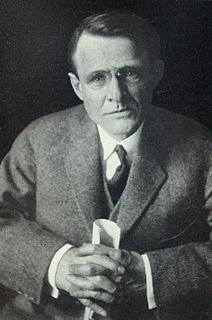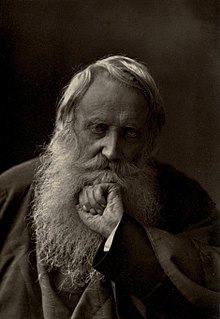A Quote by Frederic C. Howe
War demands sacrifice of the people. It gives only suffering in return.
Related Quotes
In the beginning war looks and feels like love. But unlike love it gives nothing in return but an ever-deepening dependence, like all narcotics, on the road to self-destruction. It does not affirm but places upon us greater and greater demands. It destroys the outside world until it is hard to live outside war's grip. It takes a higher and higher dose to achieve any thrill. Finally, one ingests war only to remain numb.
Reverence for life . . . does not allow the scholar to live for his science alone, even if he is very useful . . . the artist to exist only for his art, even if he gives inspiration to many. . . . It refuses to let the business man imagine that he fulfills all legitimate demands in the course of his business activities. It demands from all that they should sacrifice a portion of their own lives for others.
In every major war we have fought in the 19th and 20th centuries. Americans have been asked to pay higher taxes - and nonessential programs have been cut - to support the military effort. Yet during this Iraq war, taxes have been lowered and domestic spending has climbed. In contrast to World War I, World War II, the Korean War and Vietnam, for most Americans this conflict has entailed no economic sacrifice. The only people really sacrificing for this war are the troops and their families.
Suffering is universal; how we react to suffering is individual. Suffering can take us one of two ways. It can be a strengthening and purifying experience combined with faith, or it can be a destructive force in our lives if we do not have the faith in the Lord's atoning sacrifice. The purpose of suffering, however, is to build and strengthen us.


































